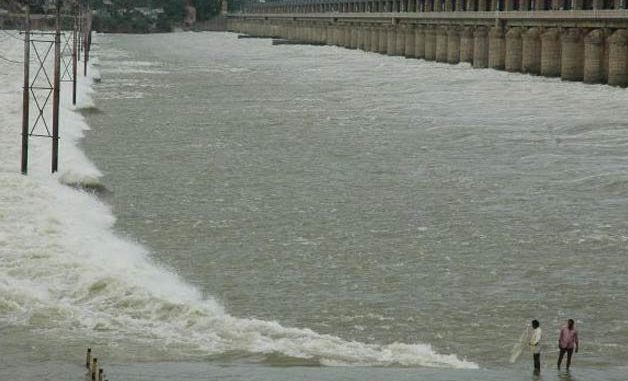
Magsaysay award winner, Rajendra Singh also called water man of India has cautioned against river linking project of the Centre. Talking to TOI on sidelines of Replenish Jharkhand, an event conducted by Information and Public relations department, government of Jharkhand and The Times of India he said that after big dam projects, river linking would be the next big disaster of Independent India. He spoke at length about the need for conservation of water with due respect to Agro ecological climate zones of the country. Excerpts:
Q. Do you think your model of water conservation in Rajasthan be replicated in other states effectively?
A. India comprises 90 distinct agro ecological climate zones where the reserves of surface water and sub surface water differ and if water conservation plans are made without taking this vividness into consideration, no project can be successful. One of the biggest challenges facing most of the other states is legal command of authorities over water. Government of India, state government and local bodies all have the authority to deal with water and decide about it which makes the situation confusing and less effective in conflict resolution. No single pattern for water conservation can be adopted nationally unless there is community support. I have been able to do it because people of Rajasthan were with me.
Q. Do you think the ambitious project of inter linking of rivers can solve water crisis?
A. After big dam construction projects, interlinking of rivers is going to be the next big ecological disaster of Independent India. 40% of big dam projects came up in Maharashtra after independence as most of the Agriculture ministers serving at Centre have been from that state only and they focused on building dams. Today most of the farmers suicide are taking place in Marathwada and Vidarbha region where all sources of water have almost dried up. When we talk about agro ecological climate zones we cannot tamper with the natural biodiversity by inter linking rivers. These projects are contractor driven which aims at extending benefits to industrial houses as the decentralized control over river water would soon come under centralized control.
Q You have been a part of the Ganga River Basin Authority in the past, how do you see the national mission to clean Ganga?

Leave a Reply